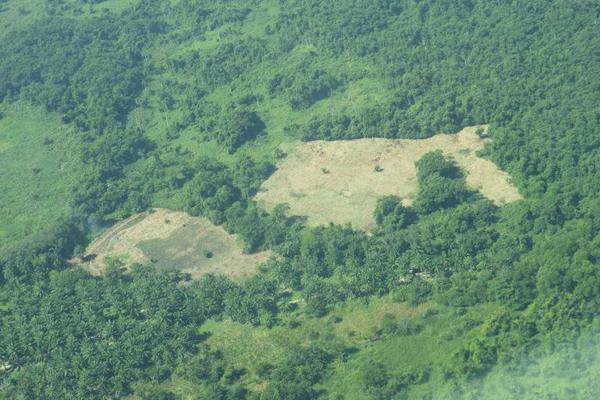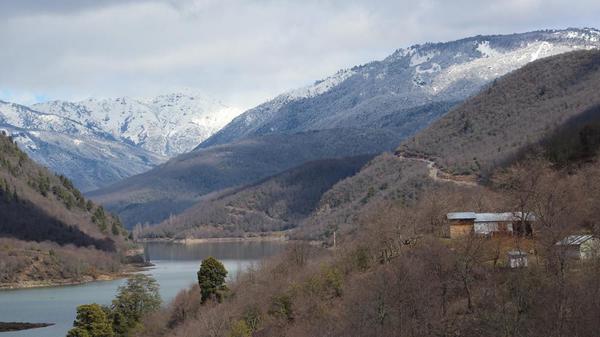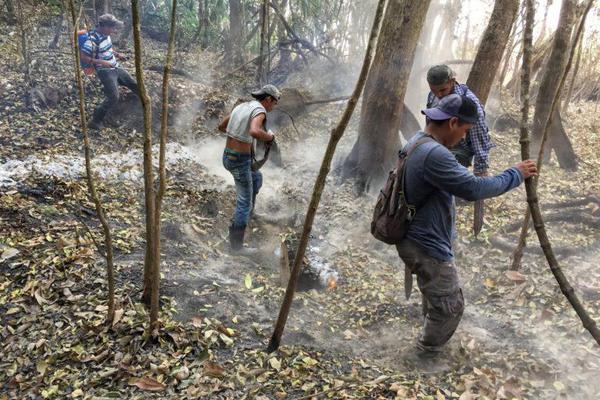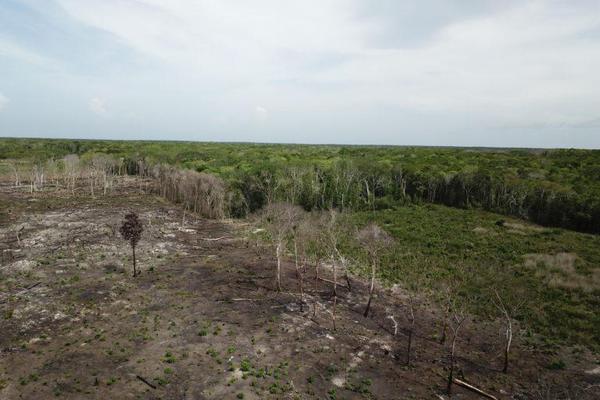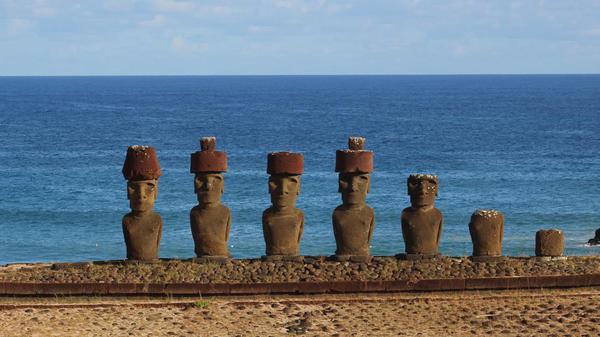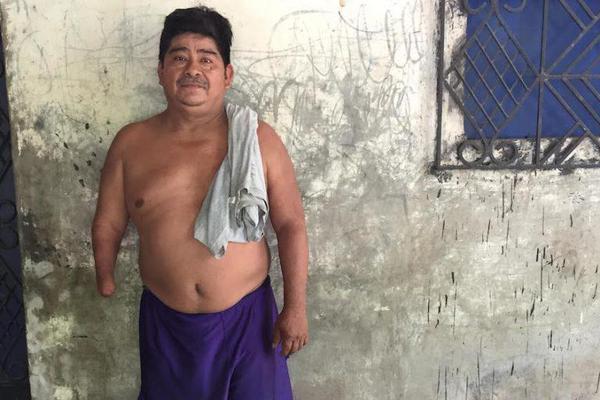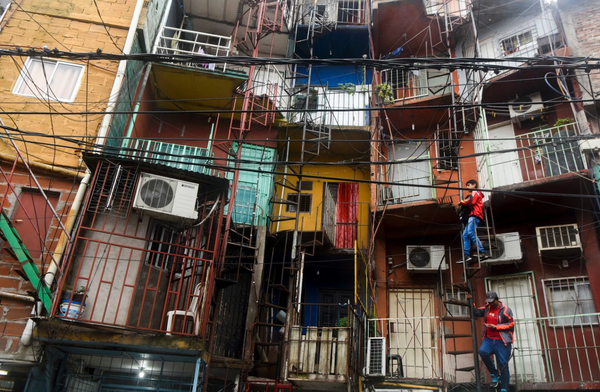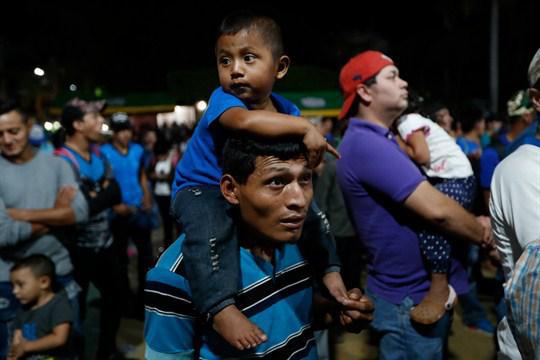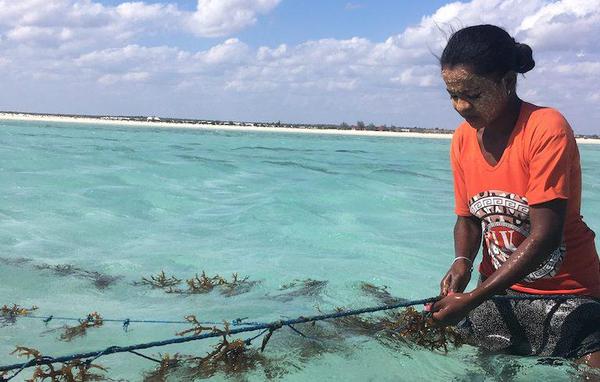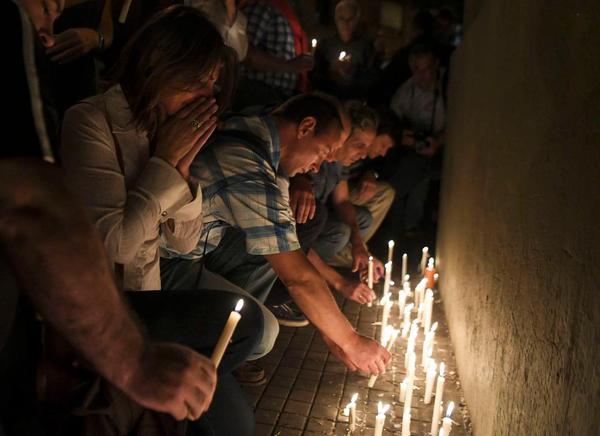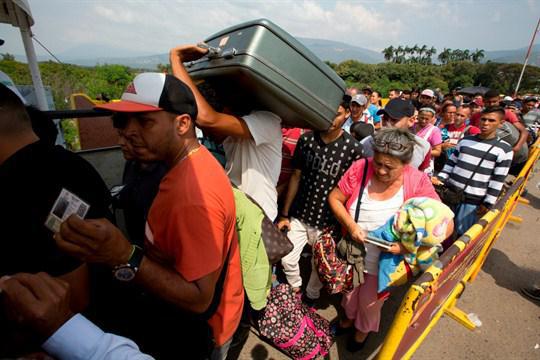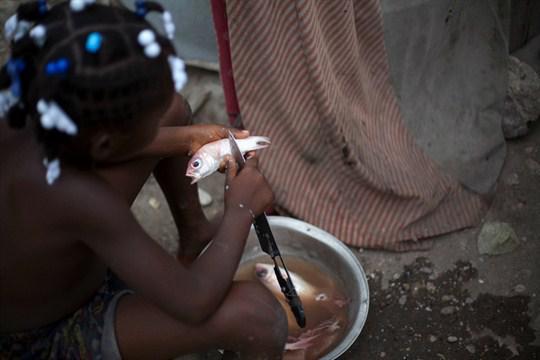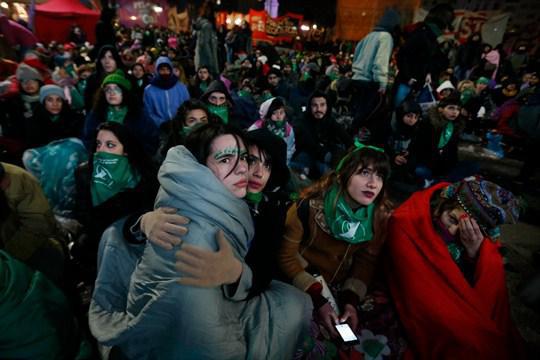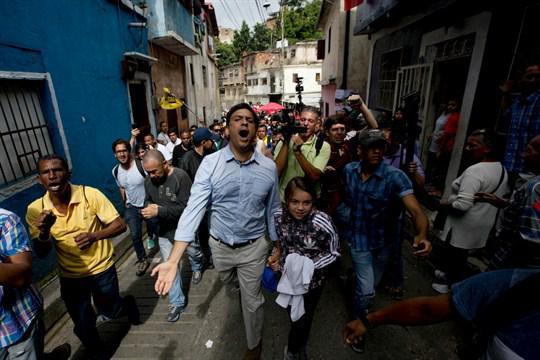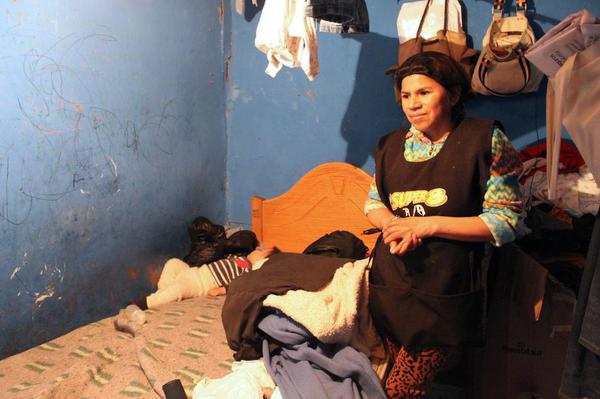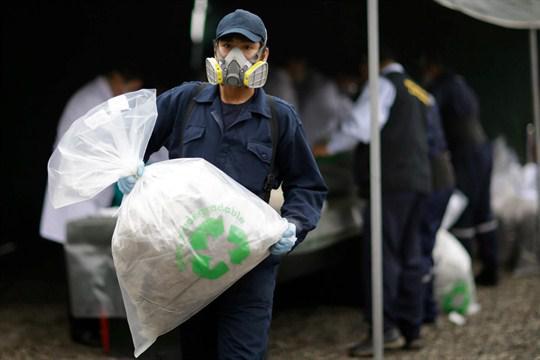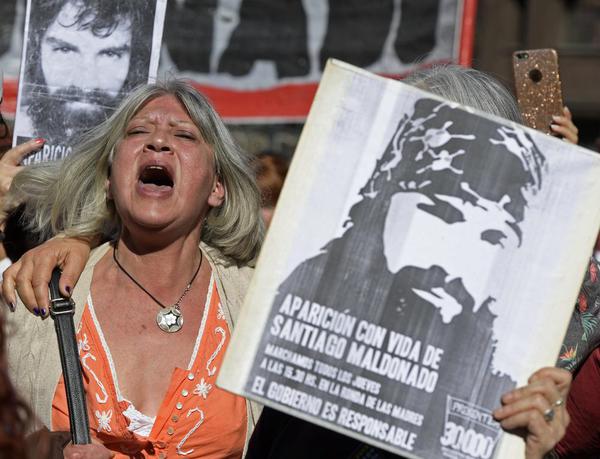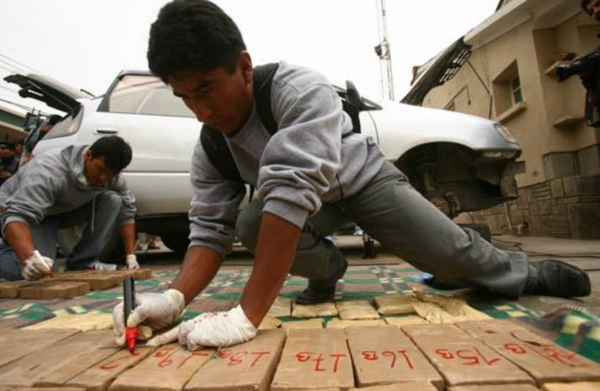
I'm a bilingual journalist who investigates and exposes corruption and organized crime, especially when it impacts human rights and the environment. A sample of my reporting across 10 Latin American countries is available below!
I'm a bilingual journalist who investigates and exposes corruption and organized crime, especially when it impacts human rights and environmental issues. I have reported from across 10 Latin American countries with unwavering dedication to journalistic excellence. My strengths include data and policy analysis, source development, and storytelling. I create factual, compelling pieces that speak to a global audience, and bridge gaps in language and culture to build rapport and generate trust with sources and colleagues alike.
I'm a bilingual journalist who investigates and exposes corruption and organized crime, especially when it impacts human rights and the environment. A sample of my reporting across 10 Latin American countries is available below!

